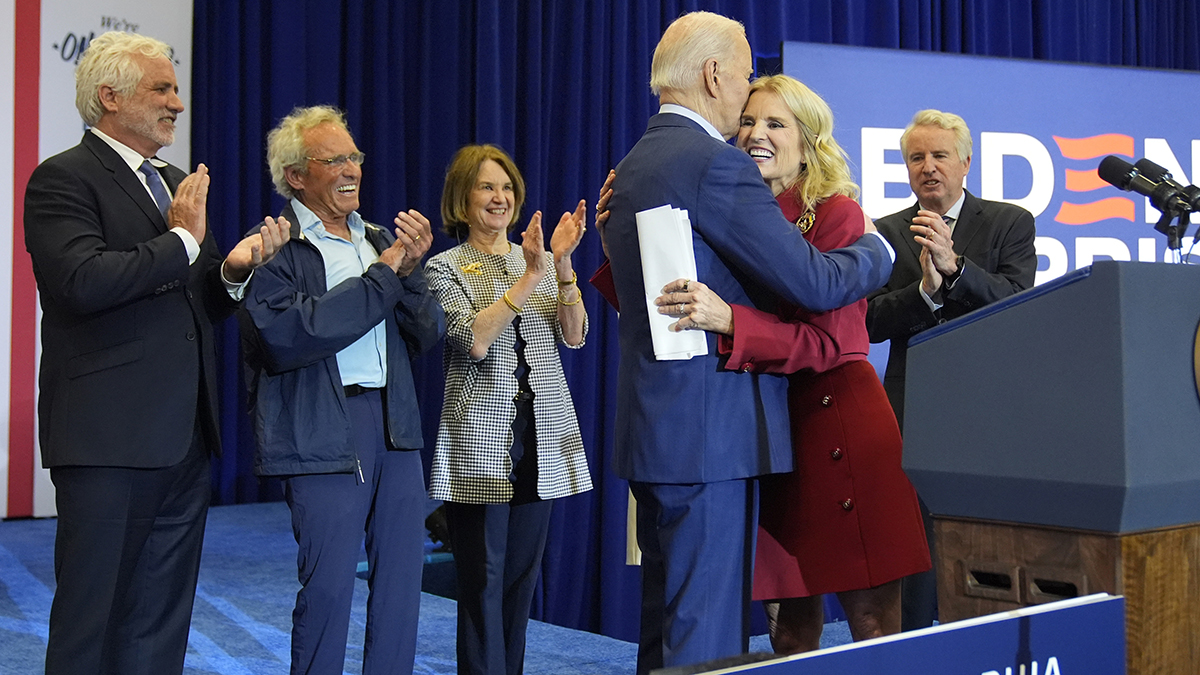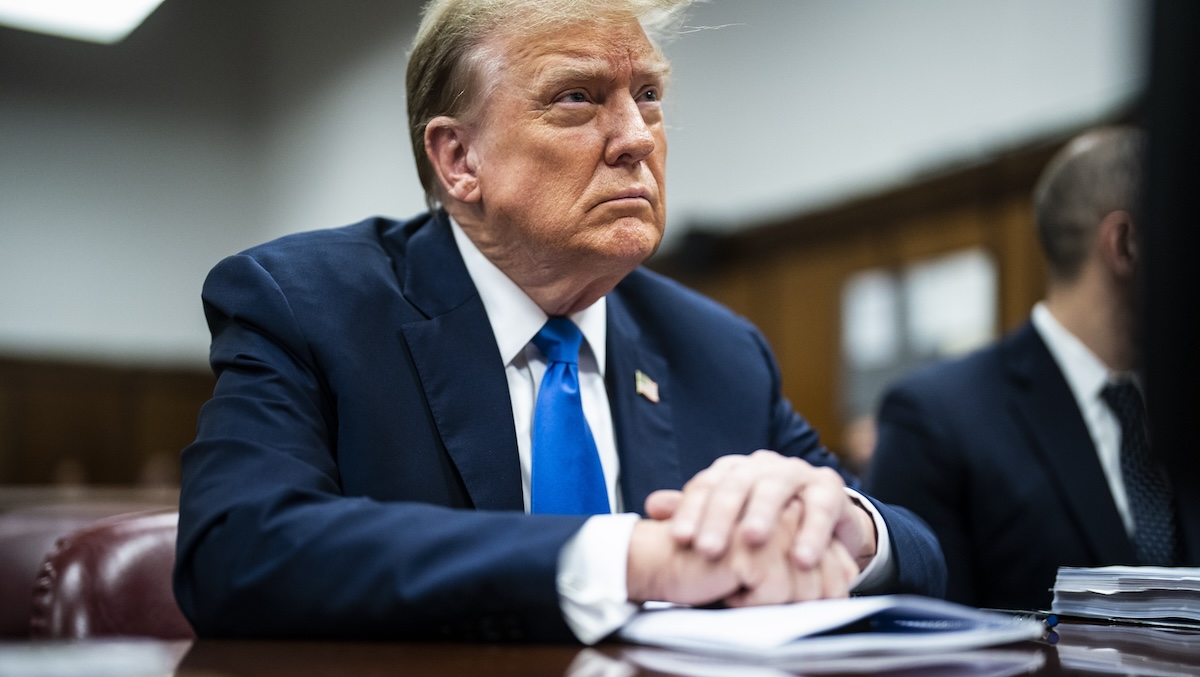
Last week when lawmakers advanced an amendment to the state Constitution to raise taxes on millionaires, the light next to House Speaker Ron Mariano's name on the voting board lit up green for "yea."
The same thing happened the next day, Thursday, when the House passed redistricting legislation and a spending bill that included a permanent expansion of voting options, including mail-in balloting in all state elections and early voting before biennial primaries.
While a speaker voting in support of bills without appearing on the House floor may not be unusual, what few lawmakers knew at the time was that Mariano cast those votes from Florida, where the 74-year-old Quincy Democrat had been hospitalized for an issue with his heart.
Mariano's office confirmed Tuesday that the speaker voted remotely during last week's Constitutional Convention on Wednesday and during a Thursday formal session, utilizing COVID-19 emergency rules that allow legislators to participate in House business remotely without being in the State House.
Get New England news, weather forecasts and entertainment stories to your inbox. Sign up for NECN newsletters.
Mariano returned to Massachusetts on Monday after being fitted for a pacemaker and remaining in a Florida hospital for a period of time while doctors monitored his condition and adjusted the device.
He said he planned to see his own doctors at Massachusetts General Hospital upon returning to Boston, but on Tuesday he was also back to work taking part in a Democratic caucus call at 10 a.m. and voting in the afternoon on a bill to restore pandemic policies that expired at midnight when the state of emergency in Massachusetts lifted.
While his office said the speaker worked remotely while in Florida, aides declined to disclose when he initially traveled to the state, where he had been hospitalized and for how long. Unlike when the governor leaves Massachusetts, it is not standard for the speaker or the Senate president to publicly disclose their travel plans for the purpose of continuity of government.
Politics
Ways and Means Chairman Aaron Michlewitz, a Boston Democrat, said he spoke with the speaker on Tuesday morning, reporting that he "sounded good."
"He's obviously aware of what we were doing, things we were working on, and we said we would talk throughout the day as we go through the process of this bill, but first and foremost I'm just happy that he's doing better," Michlewitz said.
The speaker's office disclosed Mariano's condition Monday night after the News Service inquired about the speaker's participation in a semi-regular conference call the speaker, Senate president and governor hold on Mondays, and reached out to multiple lawmakers.
People familiar with Monday's leadership call said Mariano did not join Spilka or Gov. Charlie Baker on the line, and the anomaly followed his noteworthy absence from the House Chamber during last Wednesday's joint session of the House and Senate. Majority Leader Claire Cronin joined Senate President Karen Spilka on the rostrum instead of the speaker for the meeting of the Constitutional Convention.
"I continue to feel stronger and am confident I will resume my regular, full schedule shortly," Mariano said in his statement on Monday.
While Mariano is just six months into his tenure as speaker, the veteran lawmaker has said he has no plans to rival his predecessor's 12 years in the office and this latest episode has already accelerated chatter about his future and succession planning among those who work on Beacon Hill.
The top Democrat said his experience in Florida reinforced for him the importance of his and the Legislature's work on health care policy.
"In my time in the legislature I have spent a lot of it on health care policy. After this first hand look it has hit home for me how important this work is and will continue to be. Everyone everywhere deserves this same level of care," Mariano said.
The rules utilized by Mariano to vote remotely while recuperating out of state were put in place roughly a year ago to enable the House to safely conduct business during the COVID-19 pandemic without requiring legislators to be in the same room.
The House in January extended those rules through July 15, and directed the Rules Committee to conduct a review of the policies and procedures tied to the House's scheduling and consideration of legislation. The committee is also studying "policies and procedures related to the conduct of advocates including registered lobbyists and unregistered advocates and coalitions."
That review is due to be completed by July 1.



